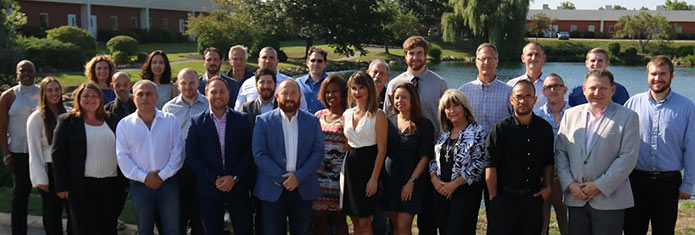
Closing Cost is the additional cost charged by lenders and third parties that include appraisal fees, title insurance, taxes, and other fees that are associated with a real estate transaction. Closing Costs have different financial implications for an investor than someone purchasing a home for their personal residence. Since a large portion of all closing costs are typically related to securing a mortgage on the property, it is important for an investor to understand which costs may be paid by either the seller or buyer and this consideration should be clearly described in the sales and purchase agreement. Closing Costs should be quantified and the cash portion paid by a purchasing investor is to be clearly identified on the cash-on-cash analysis and the pro-forma cash flow statement for the investment. Some items comprising closing costs may or may not be a tax deductible expense and others may be depreciable depending on the manner they are treated by the investor’s accounting methods. Careful consideration of the legal choices an investor has should be evaluated before the property’s closing to ensure that the investor has chosen the most beneficial treatment of each item. Additional settlement charges may be, for example, the cost of a property survey taken during the due diligence period and pest control services paid in advance. Closing costs are typically between 2-5% of the home’s sale price and vary widely based on the location and property type.